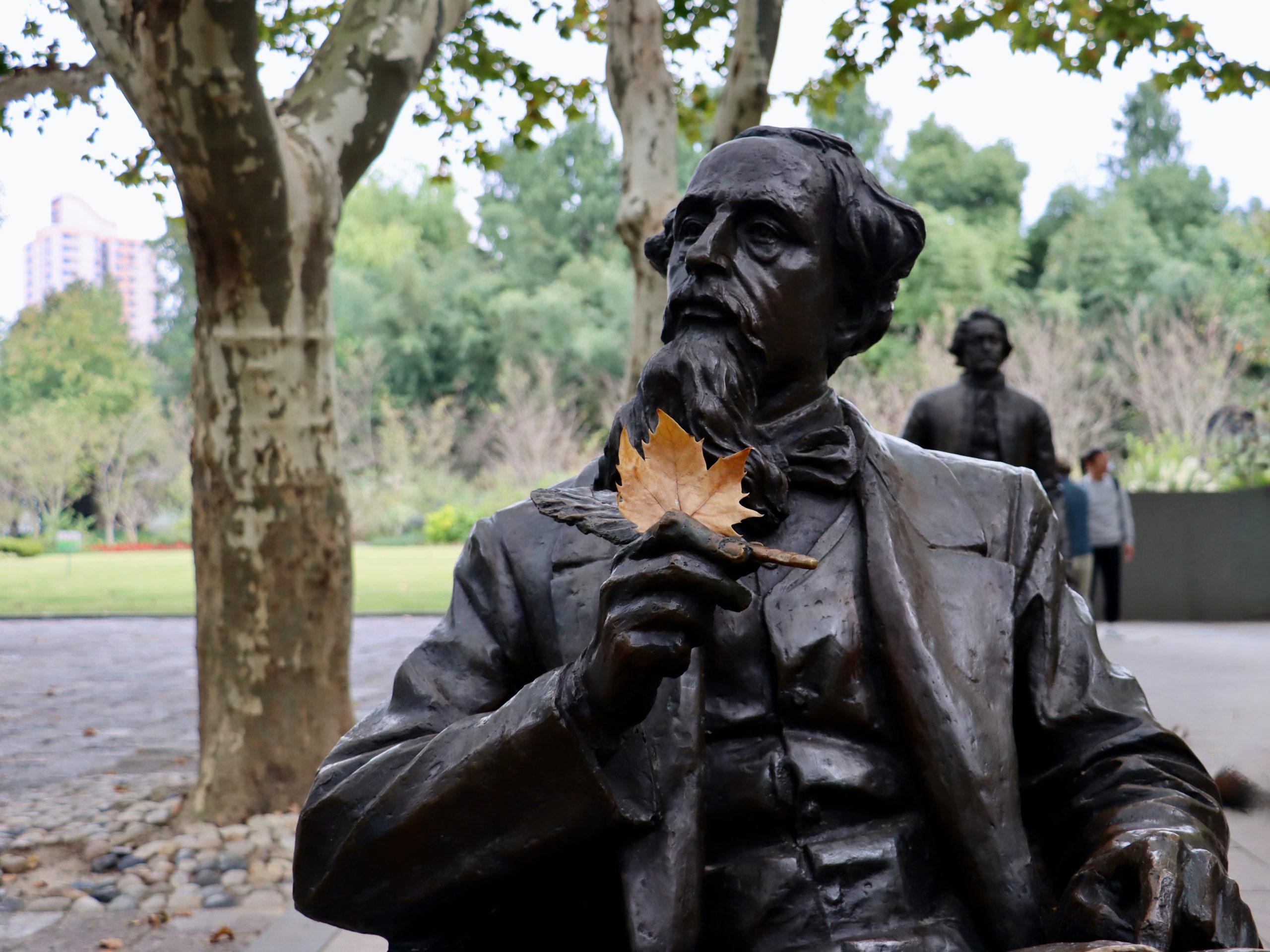Today is February 12th, Abraham Lincoln’s birthday, so it seems appropriate to say a little something about him. But, I don’t really have anything to say that hasn’t already been said a million times before. So, I’m going to take a different tack and use Lincoln’s presidency as a jumping off point for a more general topic, historical reductionism.
Reductionism is a common practice in science and, with the success of science, has spread to the humanities. A simple example of reductionism is saying that there is no “end of the rainbow” since a rainbow is merely an illusion caused by moisture refracting light. By doing this, we are reducing a phenomenon, the rainbow, into its lower level components, light and moisture. Sometimes reductionism makes sense. If you want to build a rainbow maker, knowing what makes a rainbow is vital. Sometimes reductionism completely misses the point. If one were to write a poem because the beauty of a rainbow inspired her and her friend were to point out that the rainbow doesn’t really exist, it’s just light and water, it is the poet who is correct.
When it comes to historical reductionism, there are several flavors. But they all try to say that the real reason for historic events is something other than the commonly accepted reason. Now we can get back to Lincoln. The commonly accepted reason for the Civil War is slavery. This actually reminds me of The Simpsons where Apu is taking the US citizenship test and there is a question about the cause of the Civil War. Apu starts a very long answer about all of the many causes and the proctor interrupts him and says, “Just say slavery.” Lincoln was on record before being elected President that he was anti-slavery. The reason the southern states revolted when he was elected was because they were afraid he would abolish slavery. He did abolish slavery. Lincoln thought the war was about slavery. That is why he said to Harriett Beecher Stowe, “So, you’re the little lady who started this war.”* For the historical reductionists, however, slavery is not the right answer.
The most famous faction of historical reductionists are the economic historians. They believe that everything that happens happens for economic reasons. The Civil War was actually about trade with England and tariffs. Then, there are the Marxist historians** who believe that everything that happens is a result of class struggle. They’ll tell us that the concentration of wealth lead to the Civil War. There are Freudians who will tell us that Lincoln’s repressed homosexuality was really responsible. There are conspiracy theorists who will say that the Masons were responsible (or maybe the Jews or aliens, conspiracy theorists can get pretty weird). The point is all of these groups look past the glaringly obvious to find a hidden reason.
I believe there are several reasons for historical reductionism. One reason is that history is complicated. For the non-specialist, a lot of the details are not included. Of course the Civil War had many different causes. But, if a regular high school history class covered all of them, they would never even get to the Emancipation Proclamation before the school year ended. When people later find out that they were presented with a simplified version of history, they feel lied to and look for the truth. Another reason is people have agendas. People who fly the Confederate flag would feel a bit awkward saying they still believe they should be allowed to own slaves, so they come up with ways of justifying the war without slavery. It was about states’ rights or something. And, I also think people engage in reductionism because it makes them feel smart. They know something the rest of us don’t.
The main reason I so dislike historical reductionism is that I believe that history’s primary purpose is providing us with a narrative. Of course that narrative should be based in actual fact, but it is the story in history that matters. Abraham Lincoln’s greatest achievement was ending slavery in the United States of America. Someone who says that Lincoln was fighting over tariffs and the slavery thing was just a side effect diminishes Lincoln’s legacy and, in doing so, diminishes our story. Given all of the evidence that shows the war was about slavery, let us keep that story intact.
*I really wish people would stop using Uncle Tom as an insult. The book opens with Uncle Tom helping slaves escape their master and ends with him being beaten to death for standing up to his master. No one is less of an Uncle Tom than Uncle Tom.
**It’s really too bad that none of the Marxist ideologues seem to have any of Marx’s insight.










